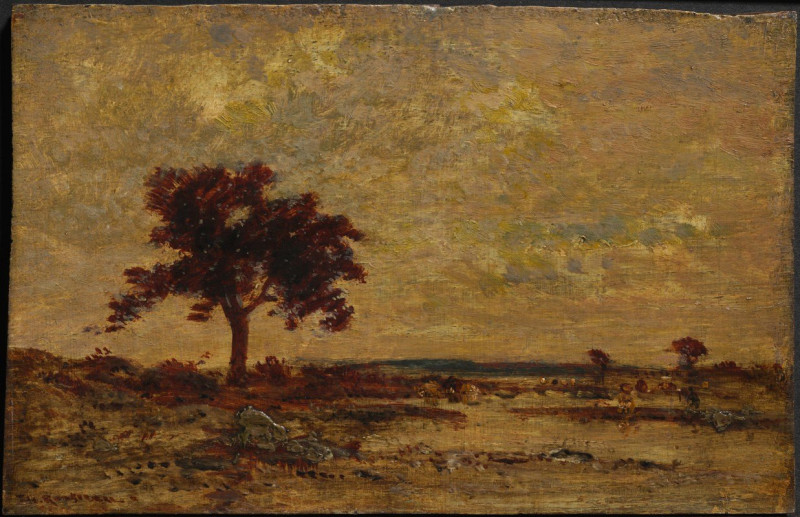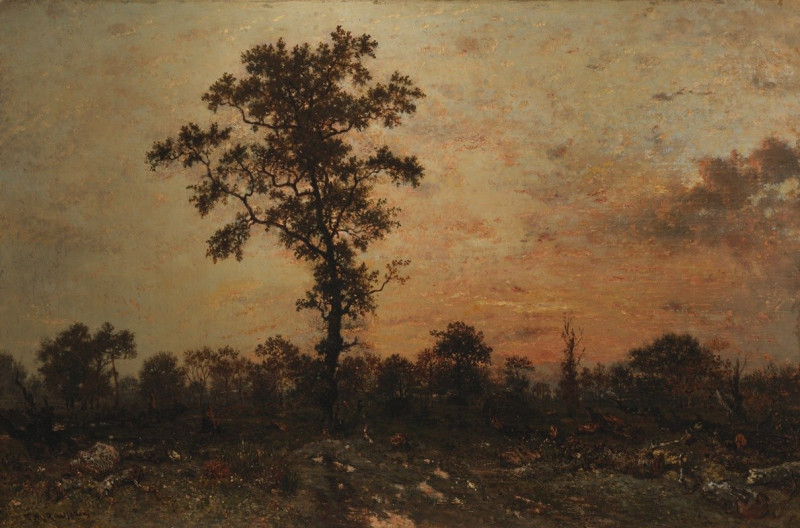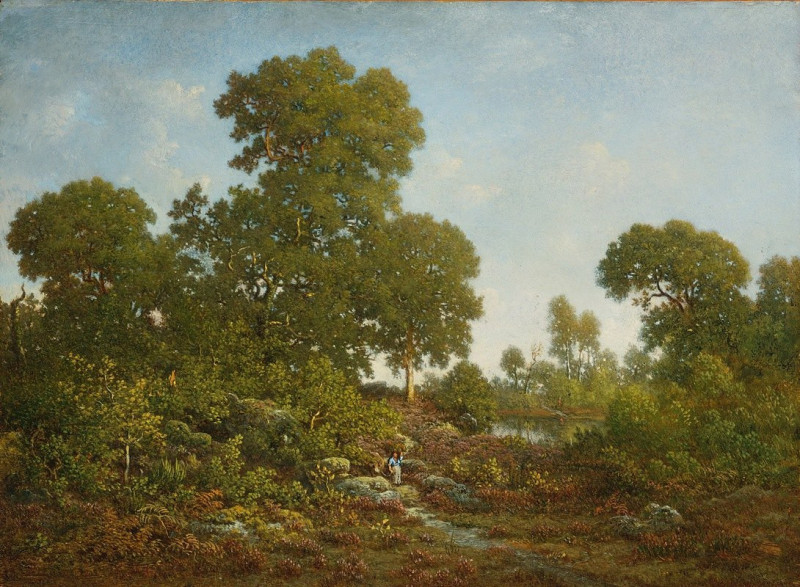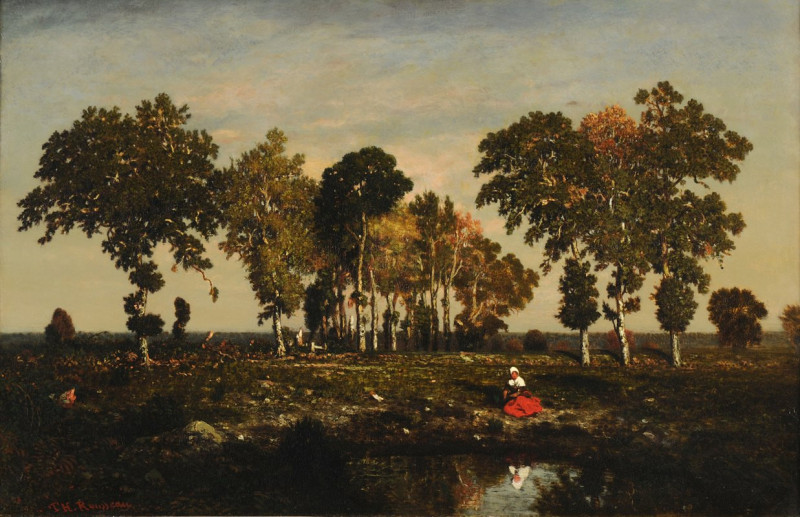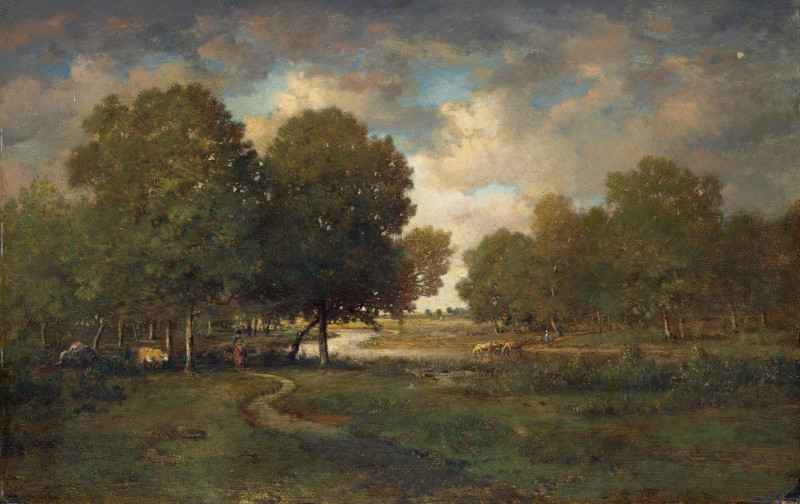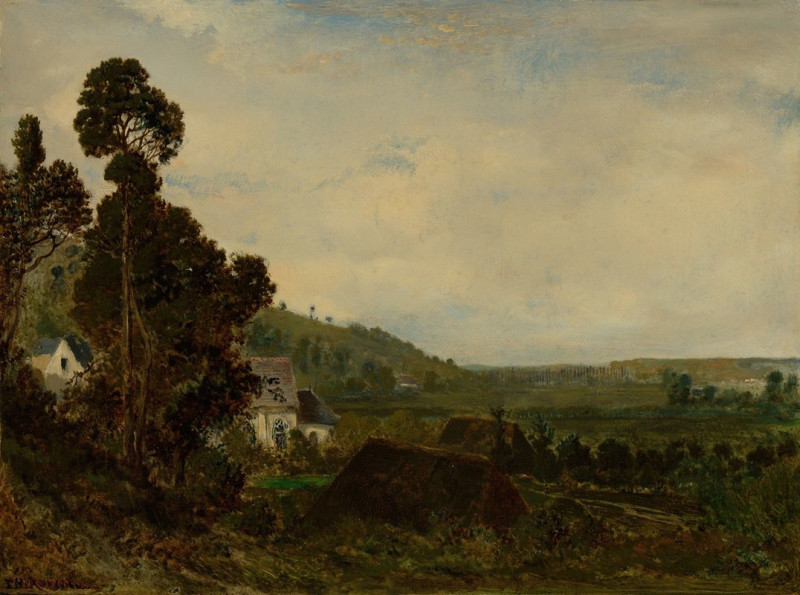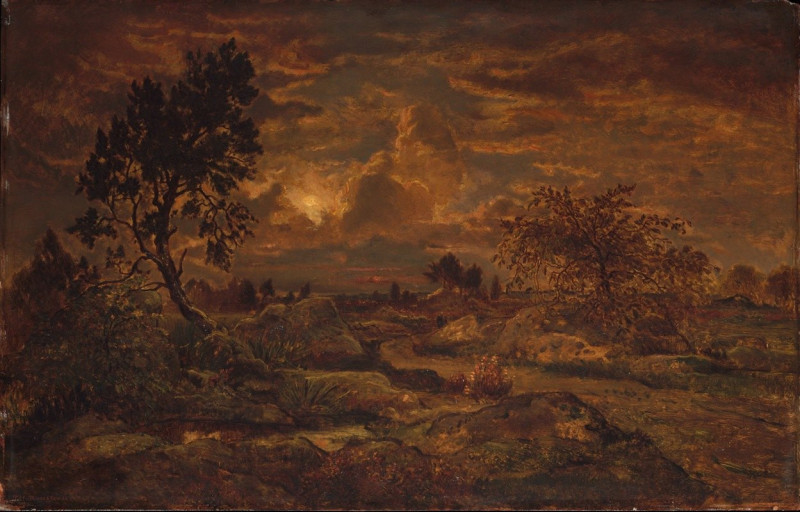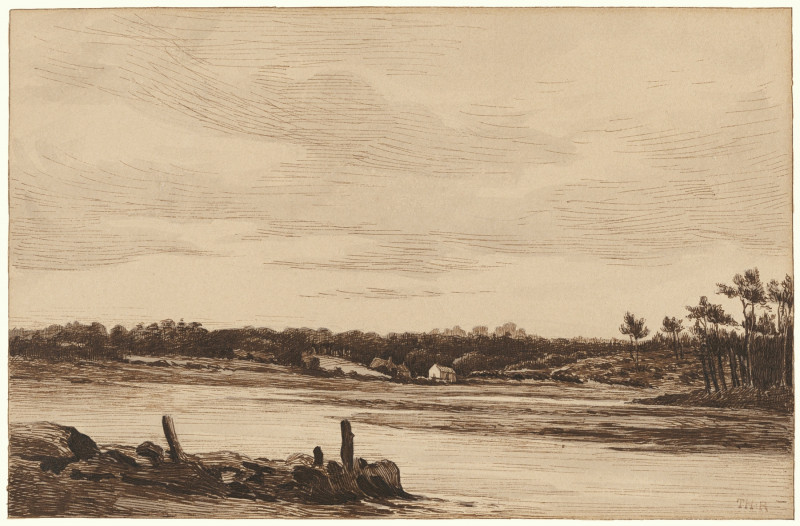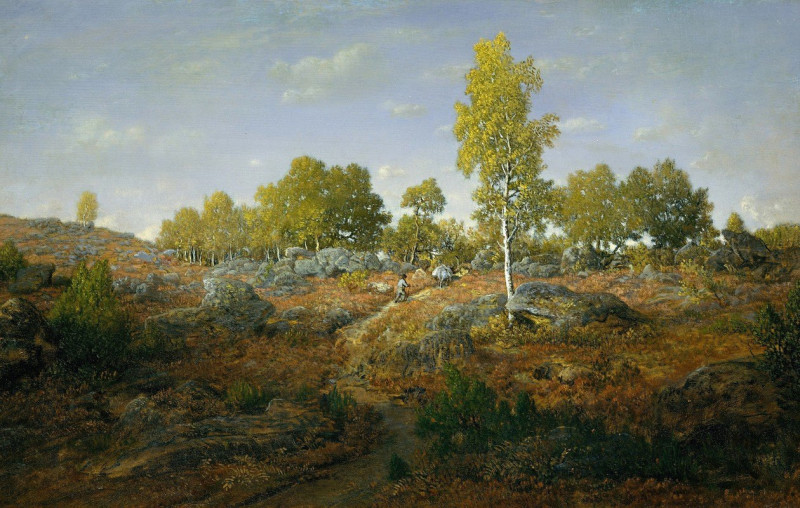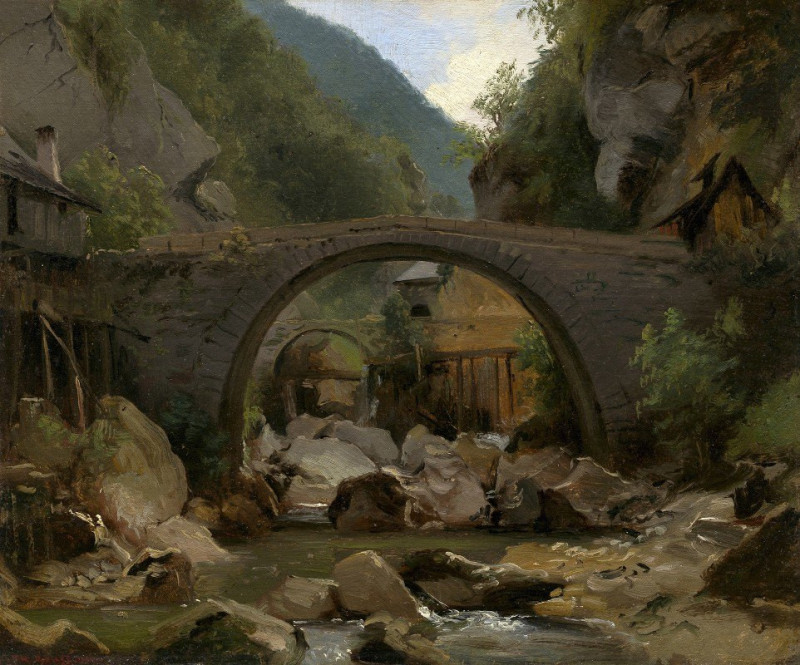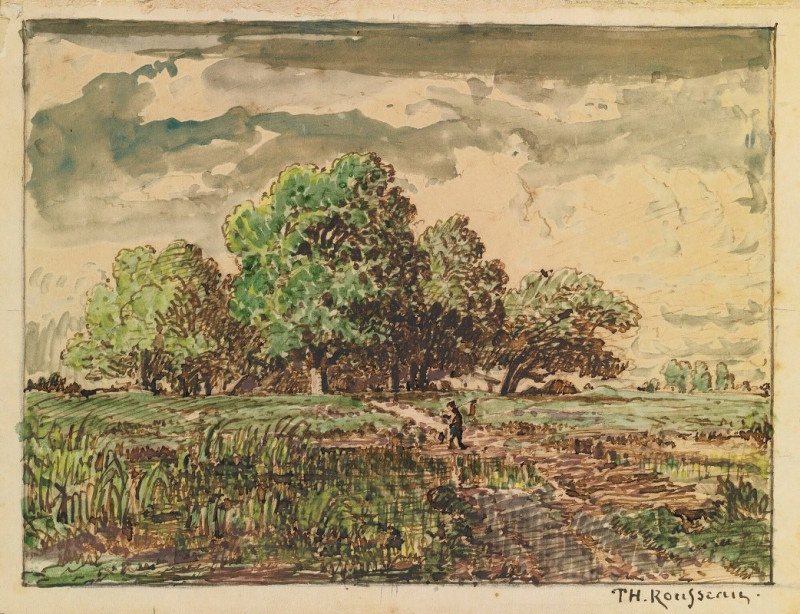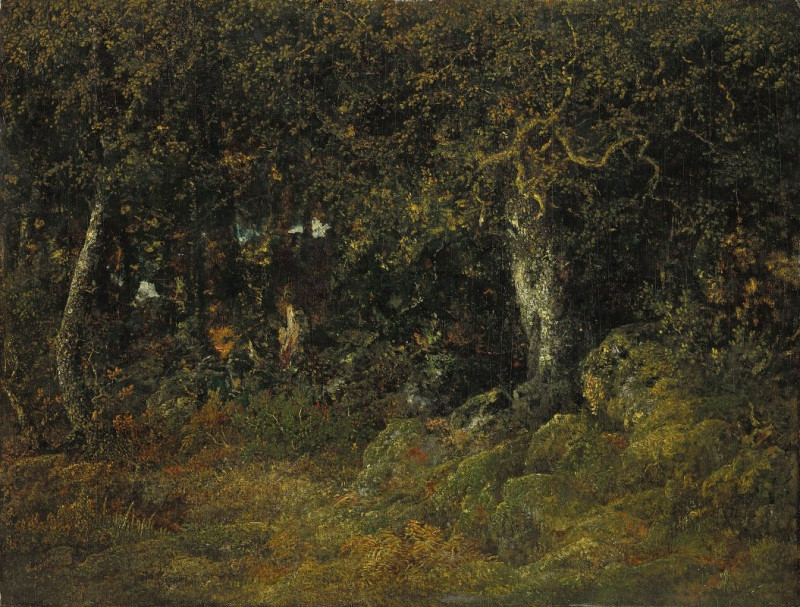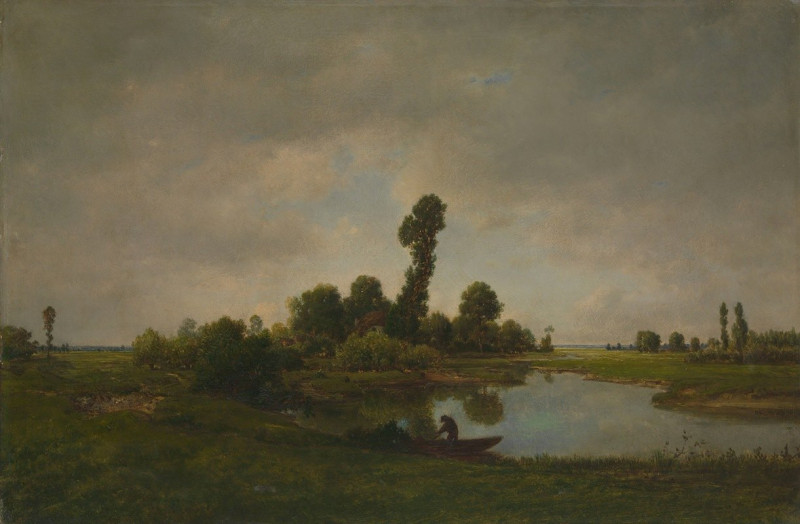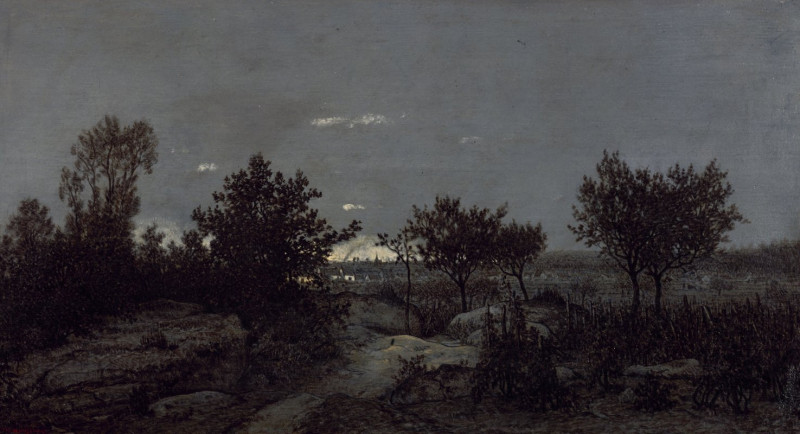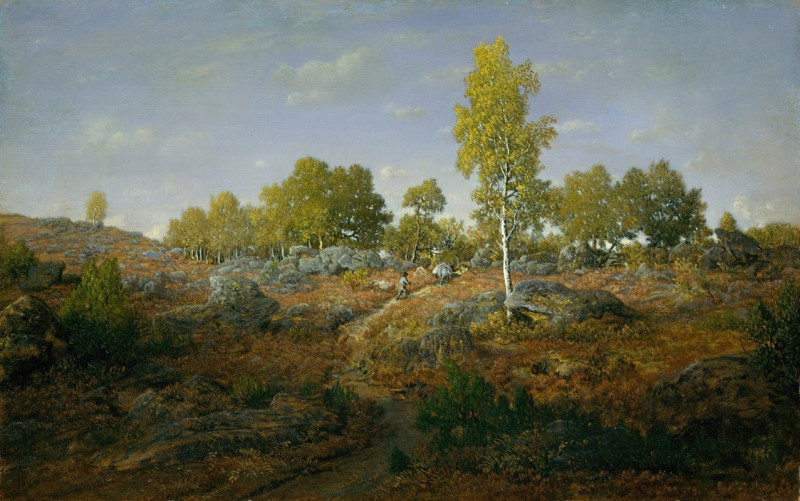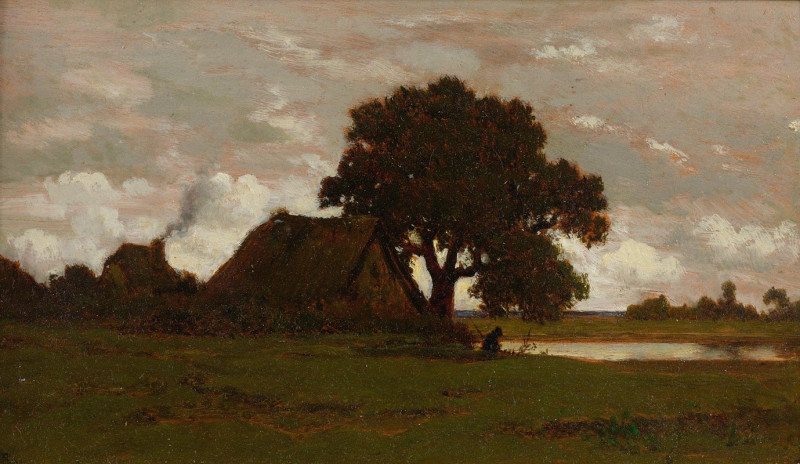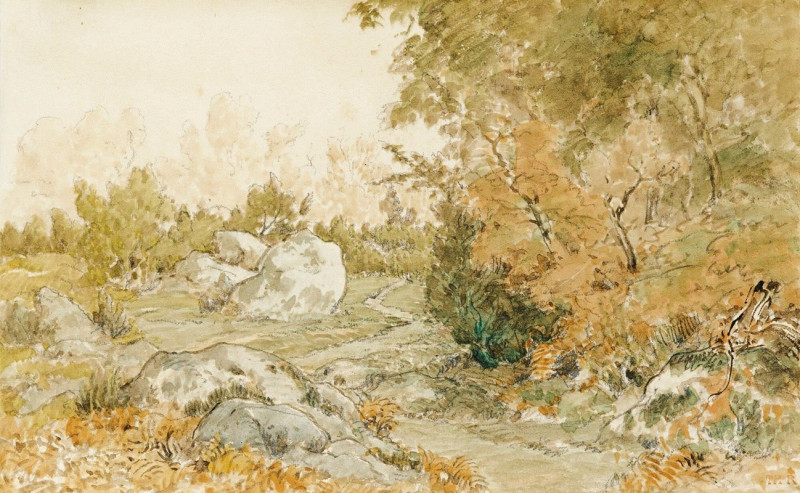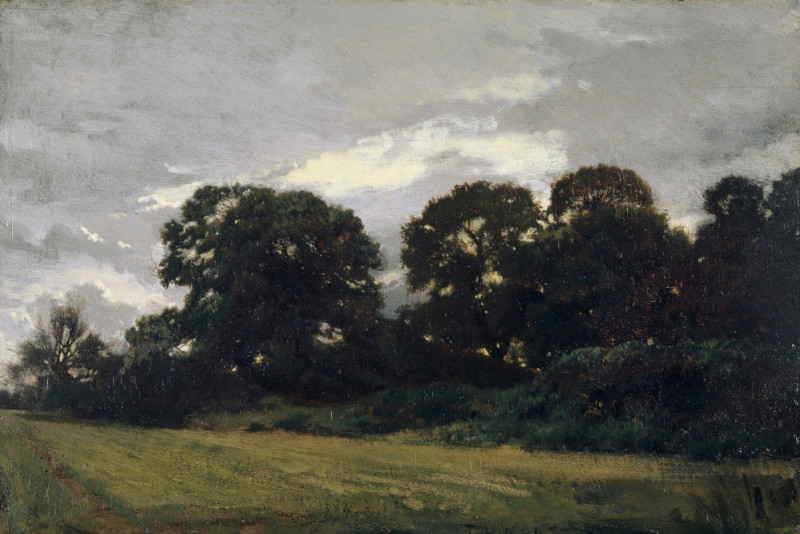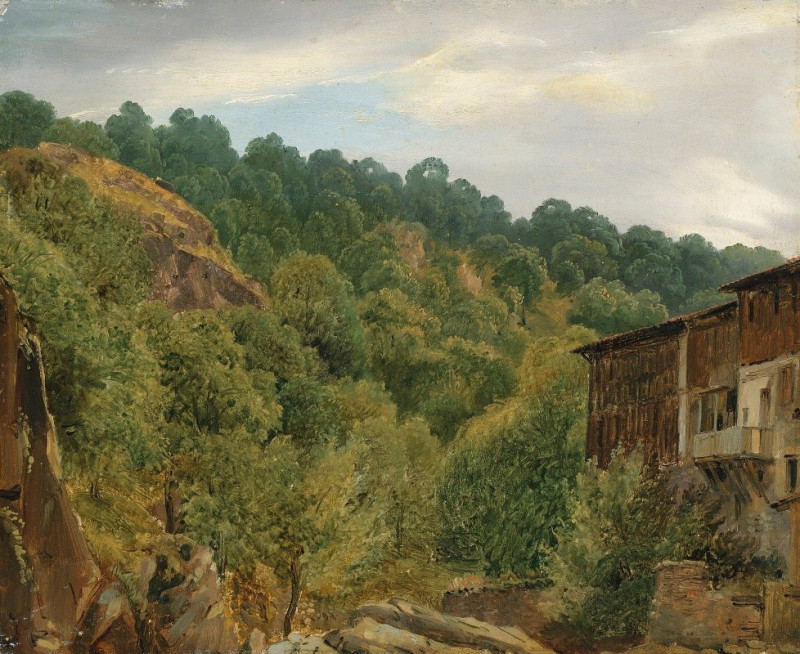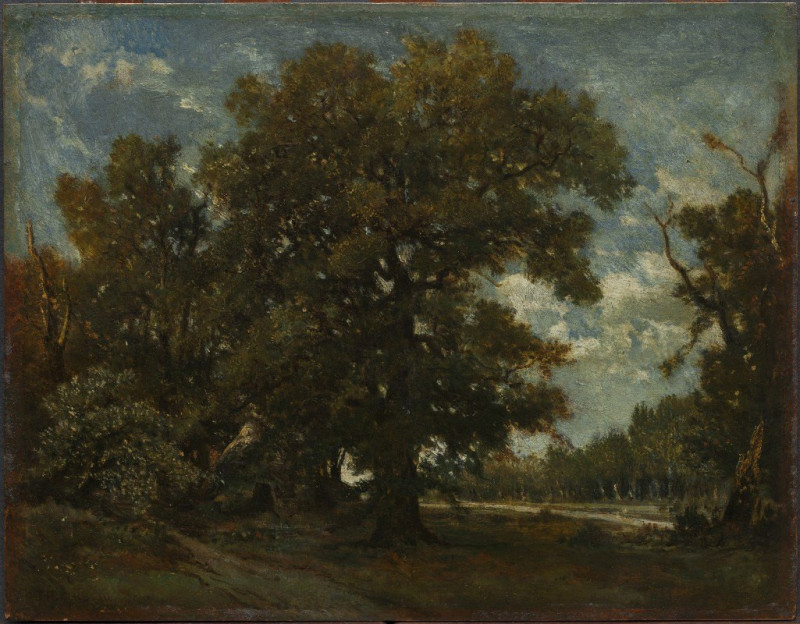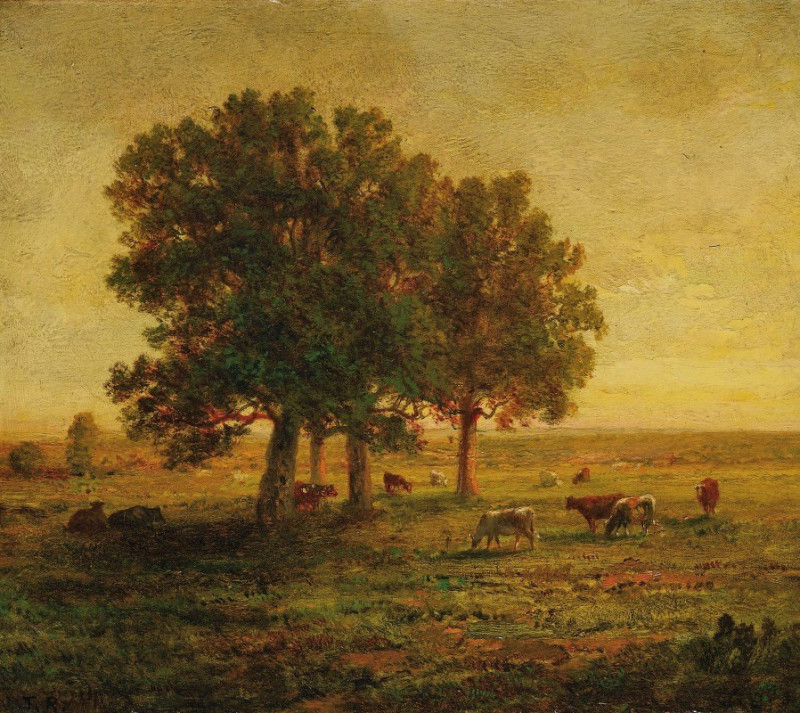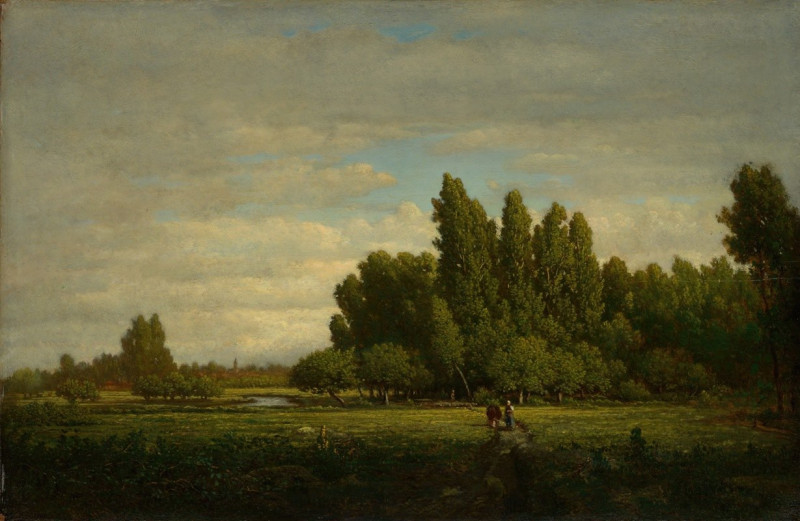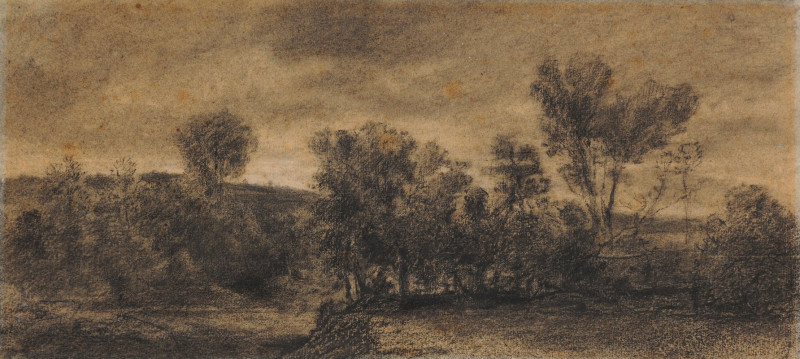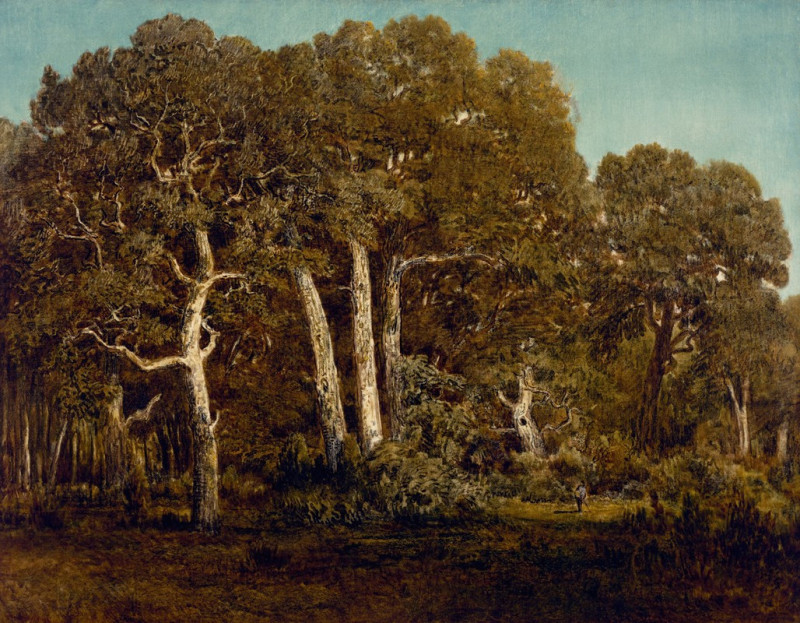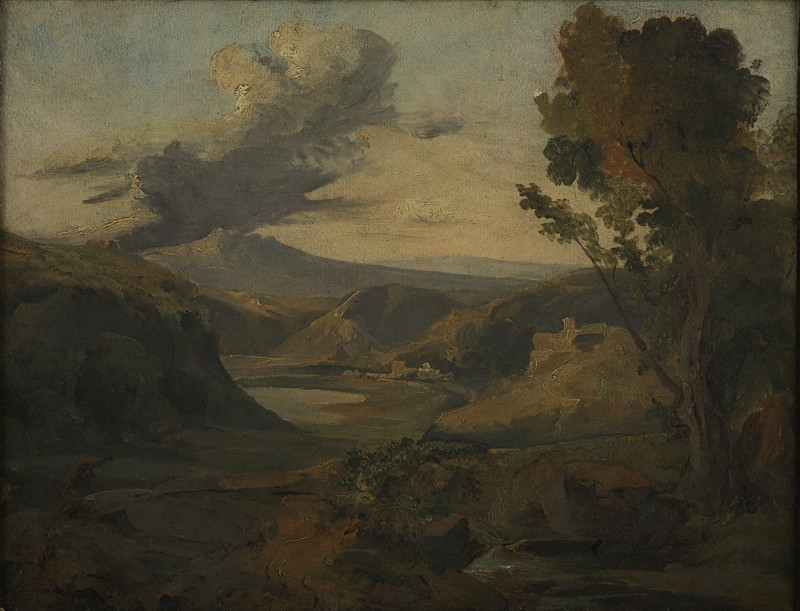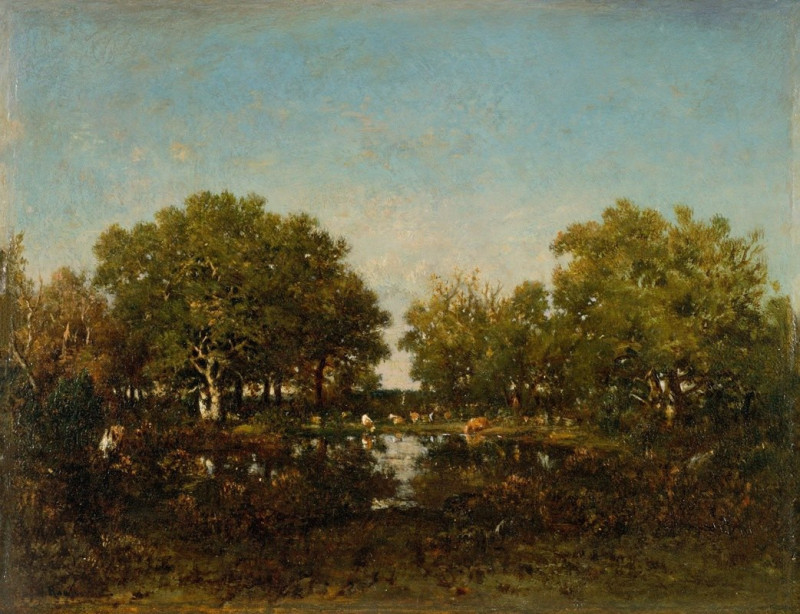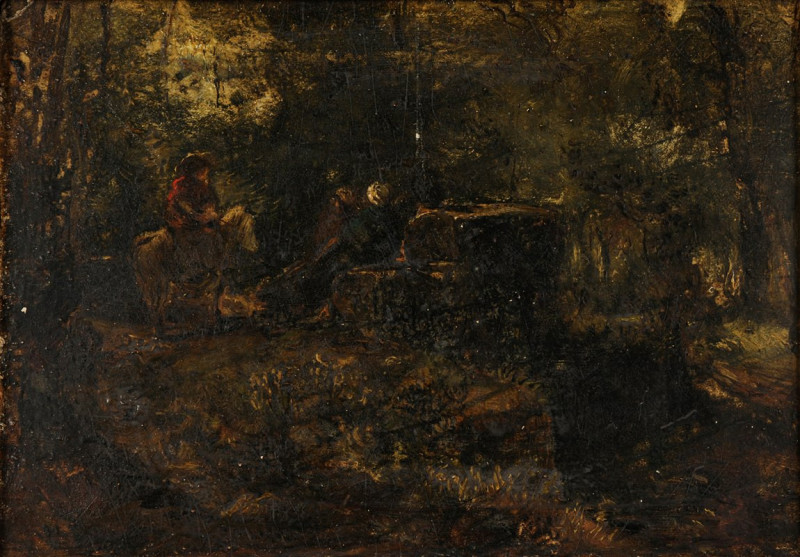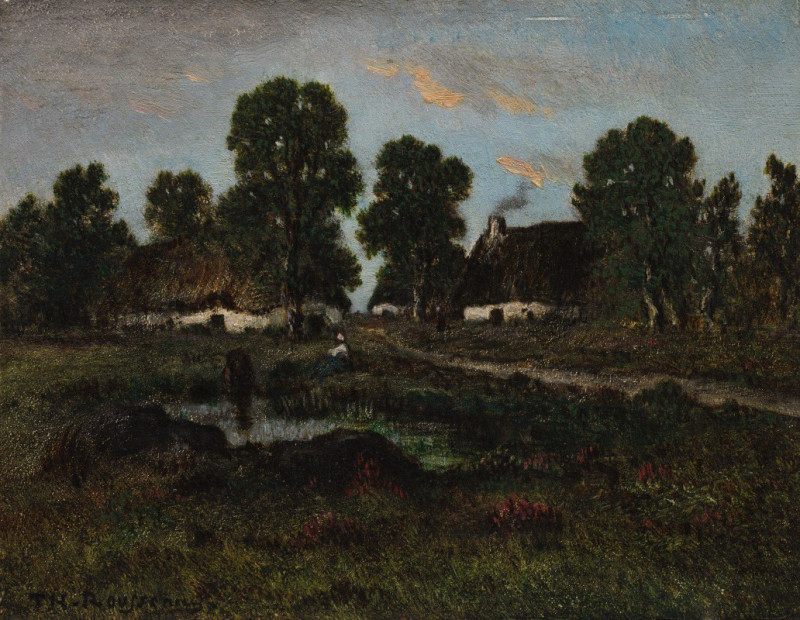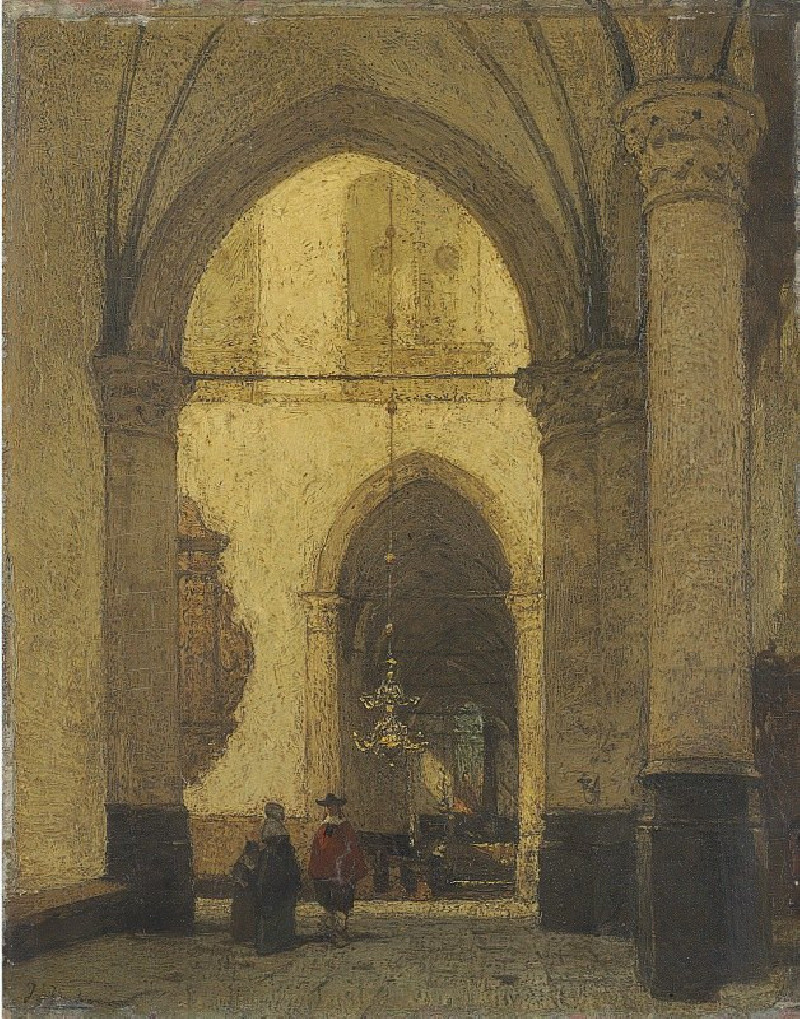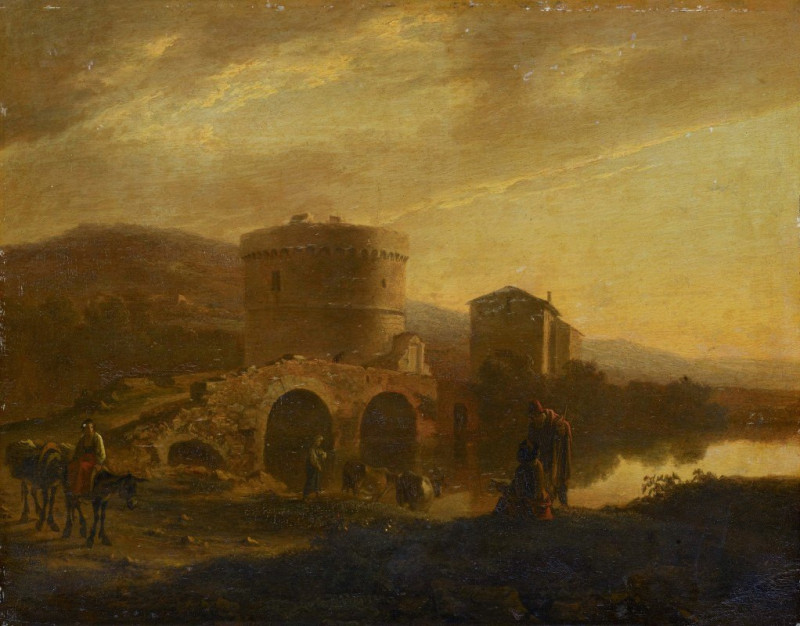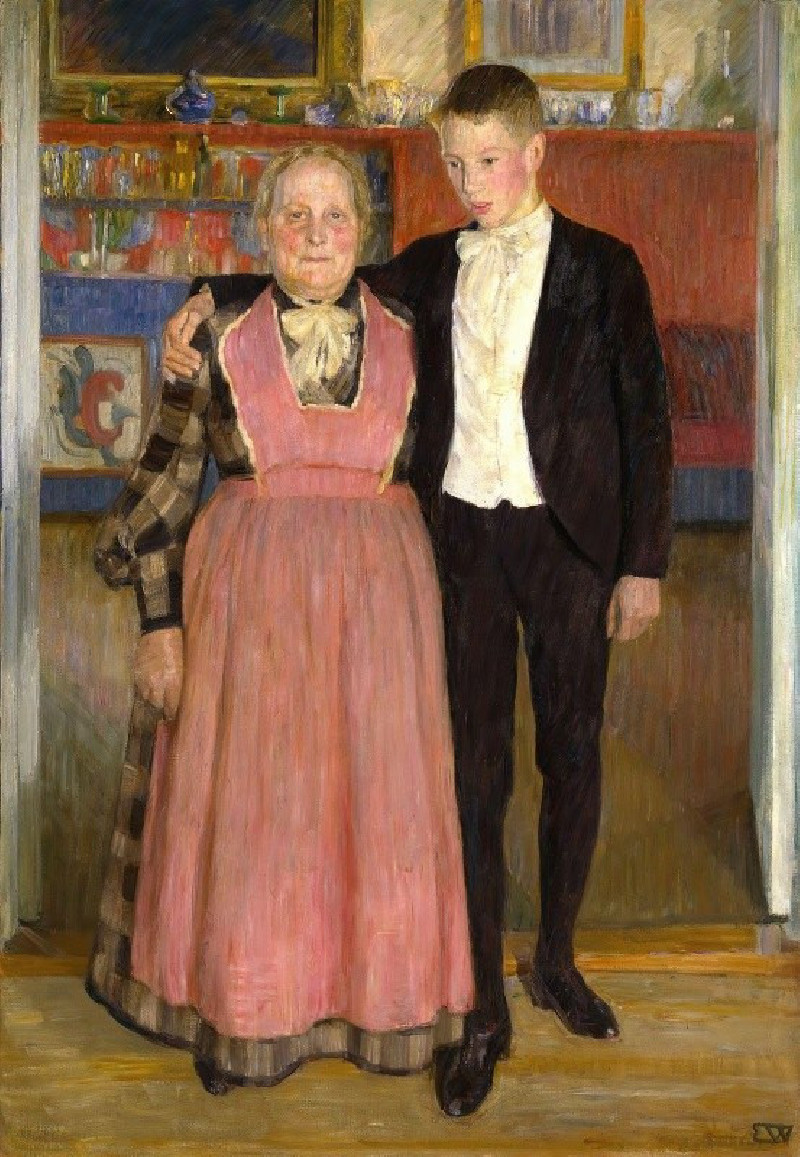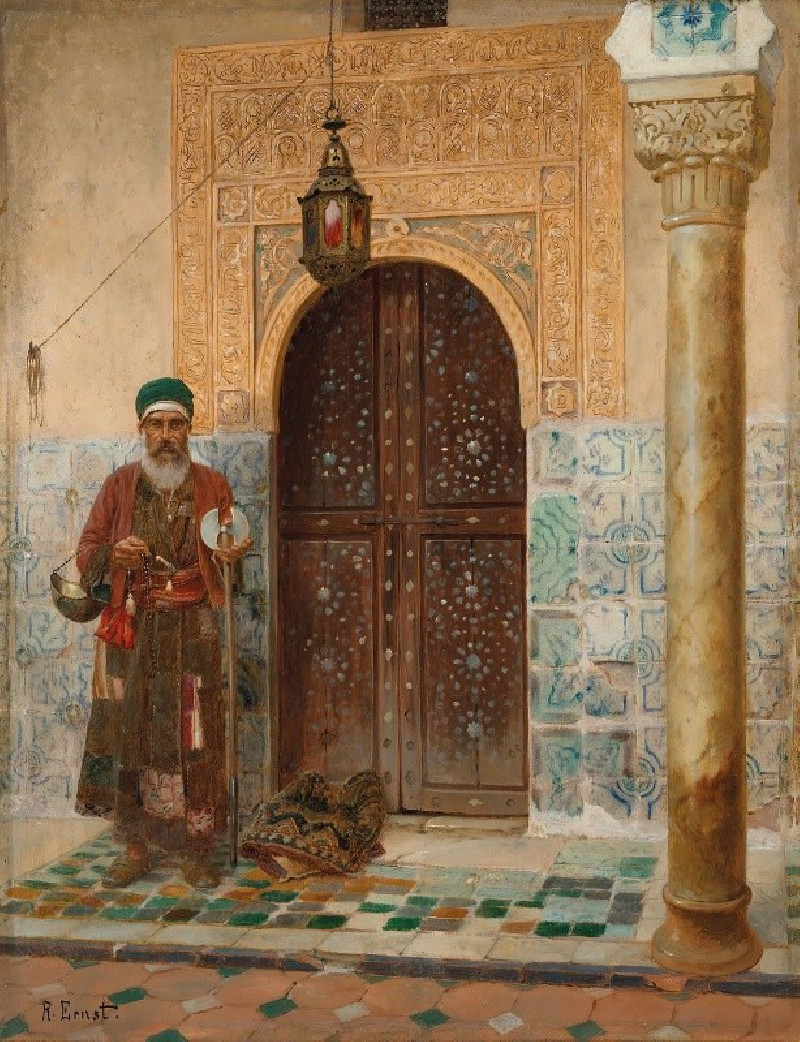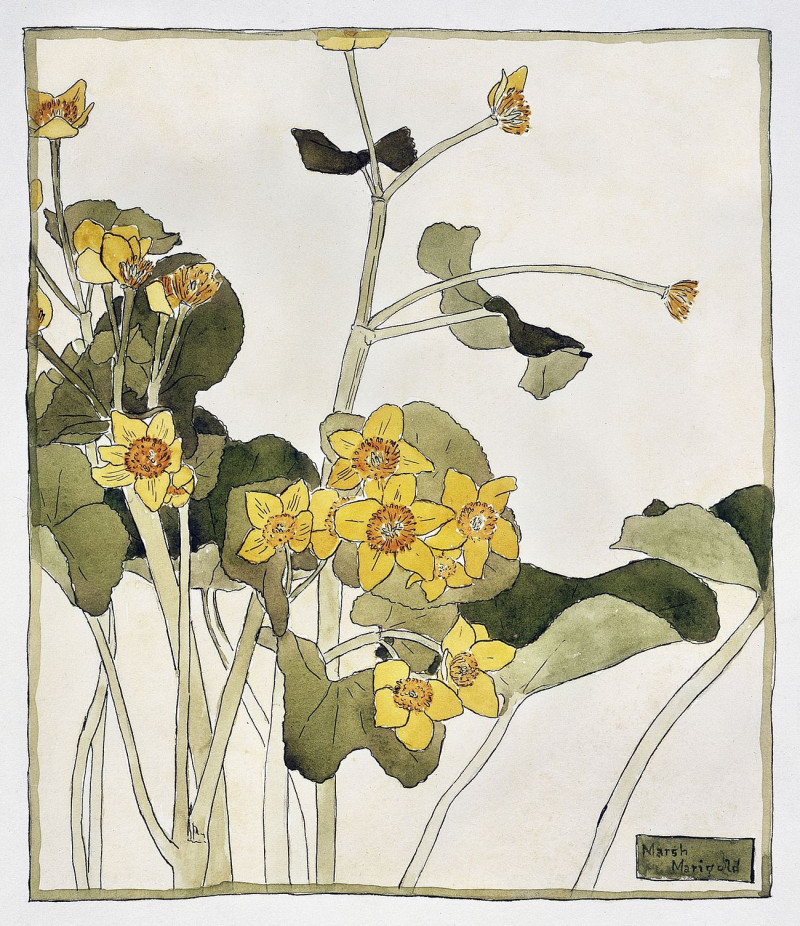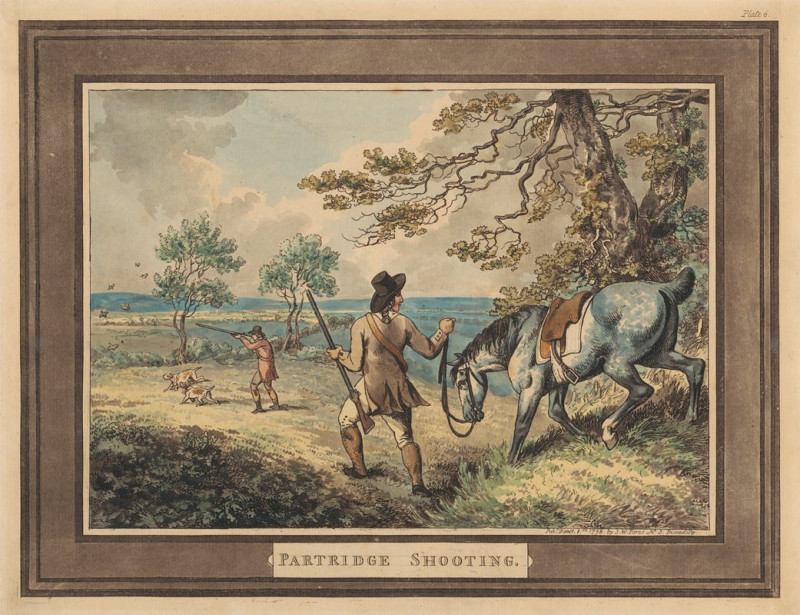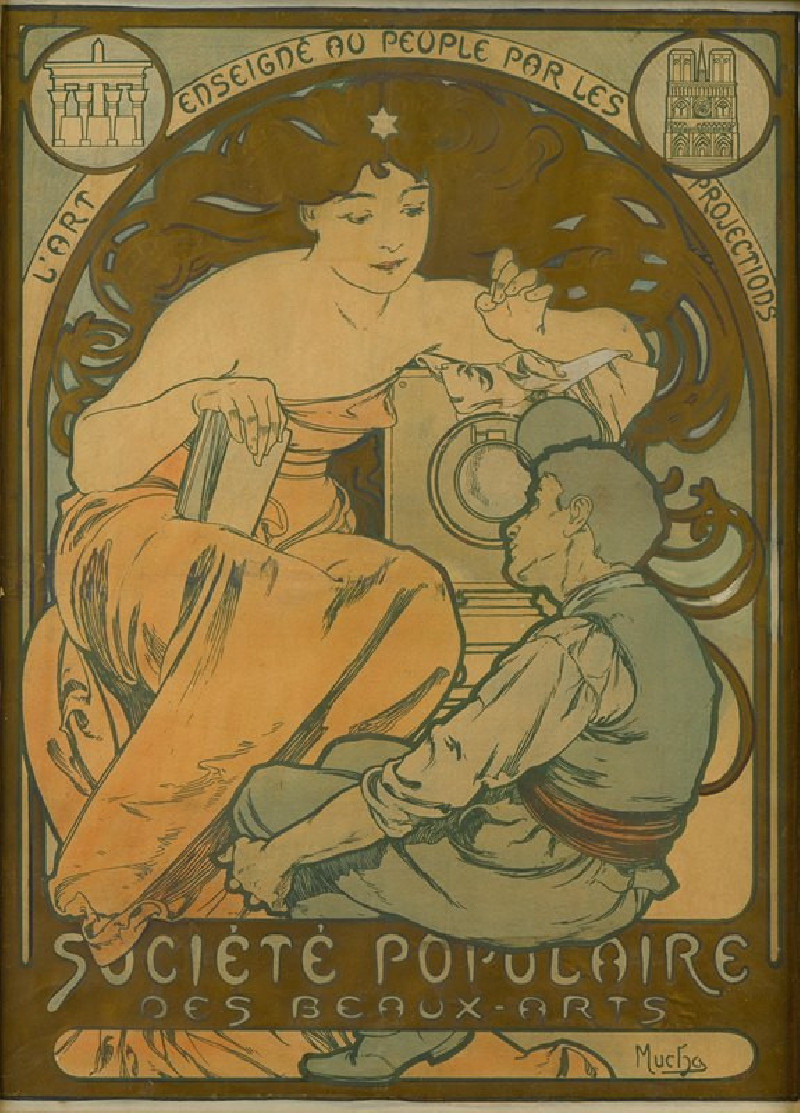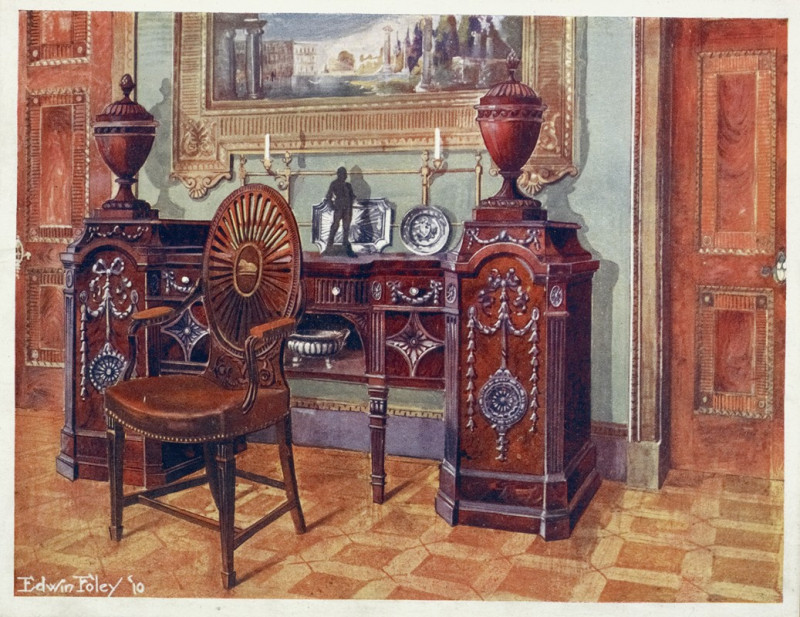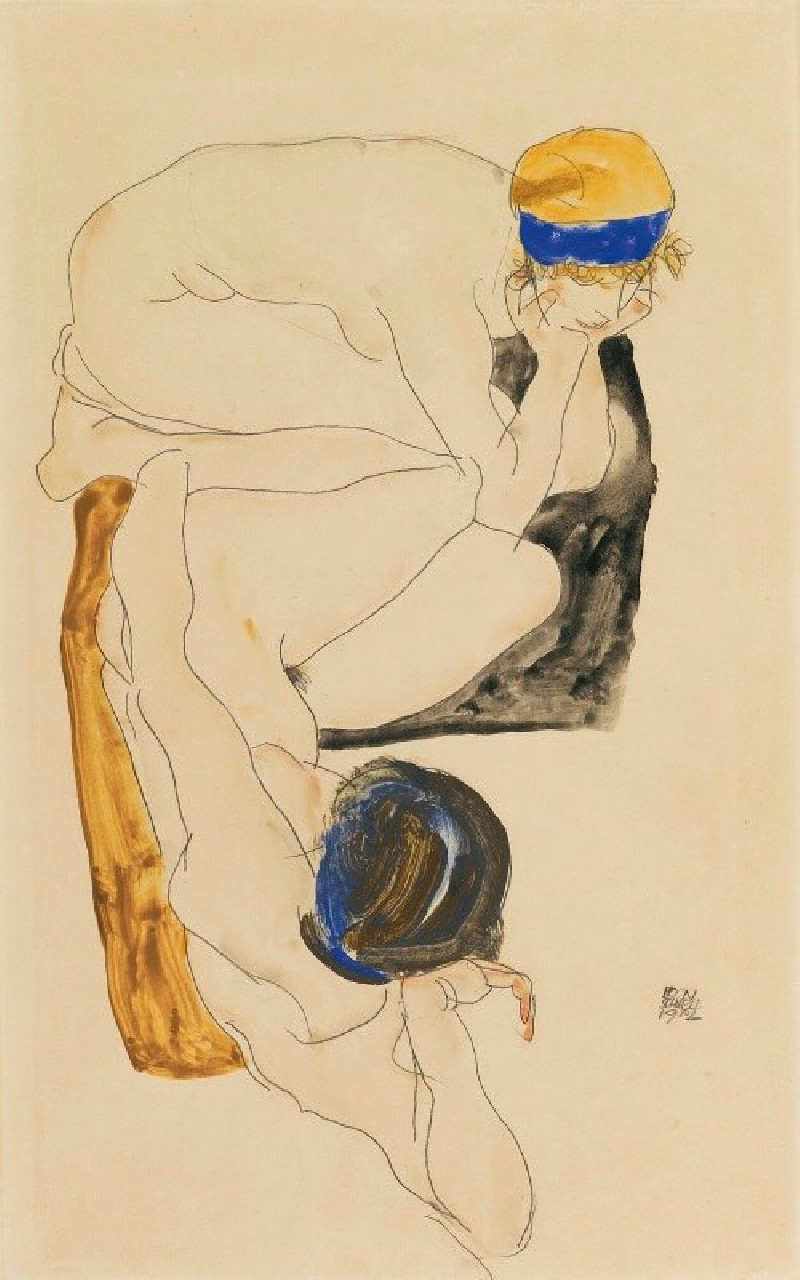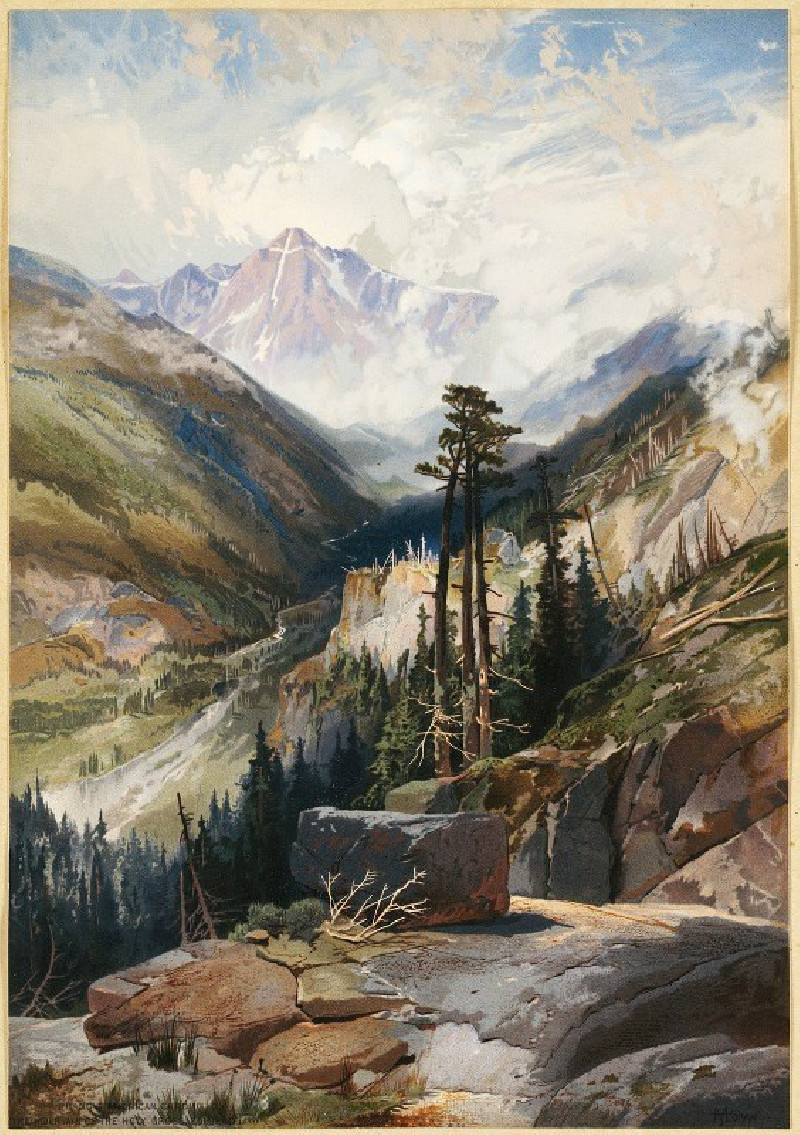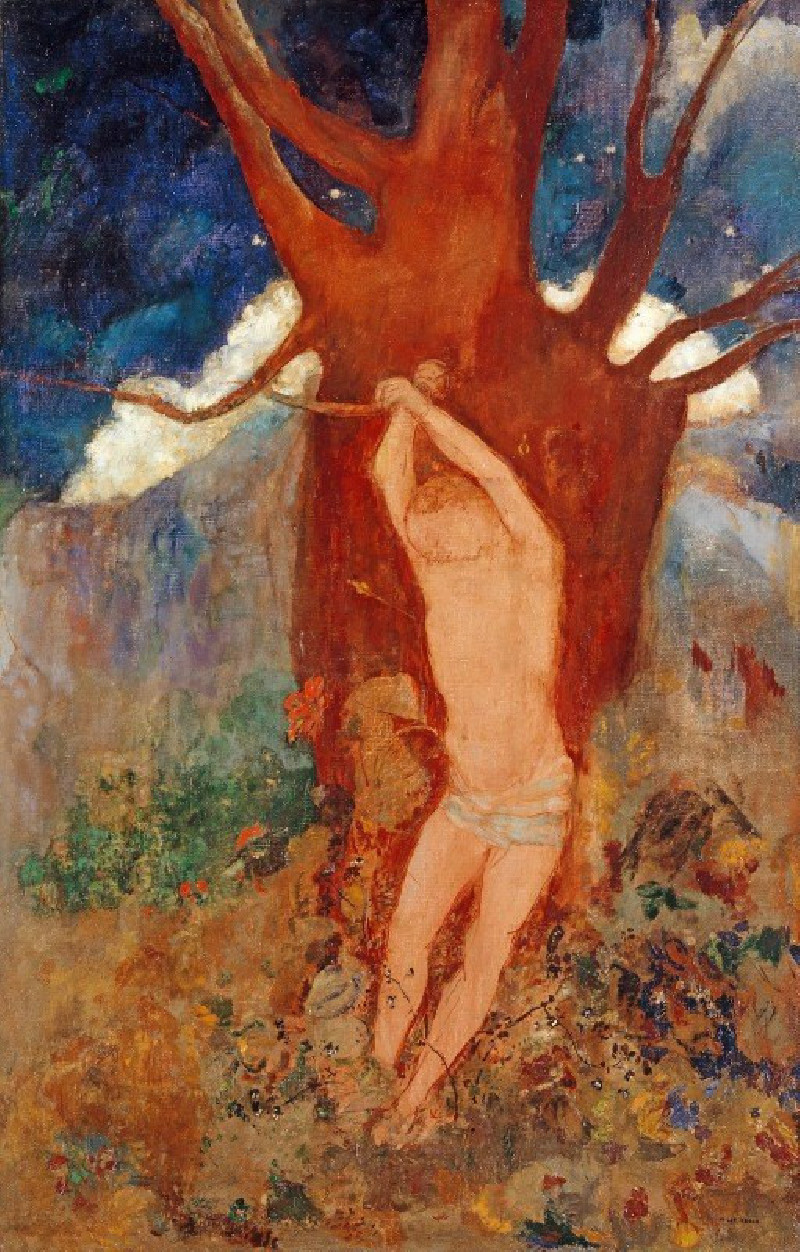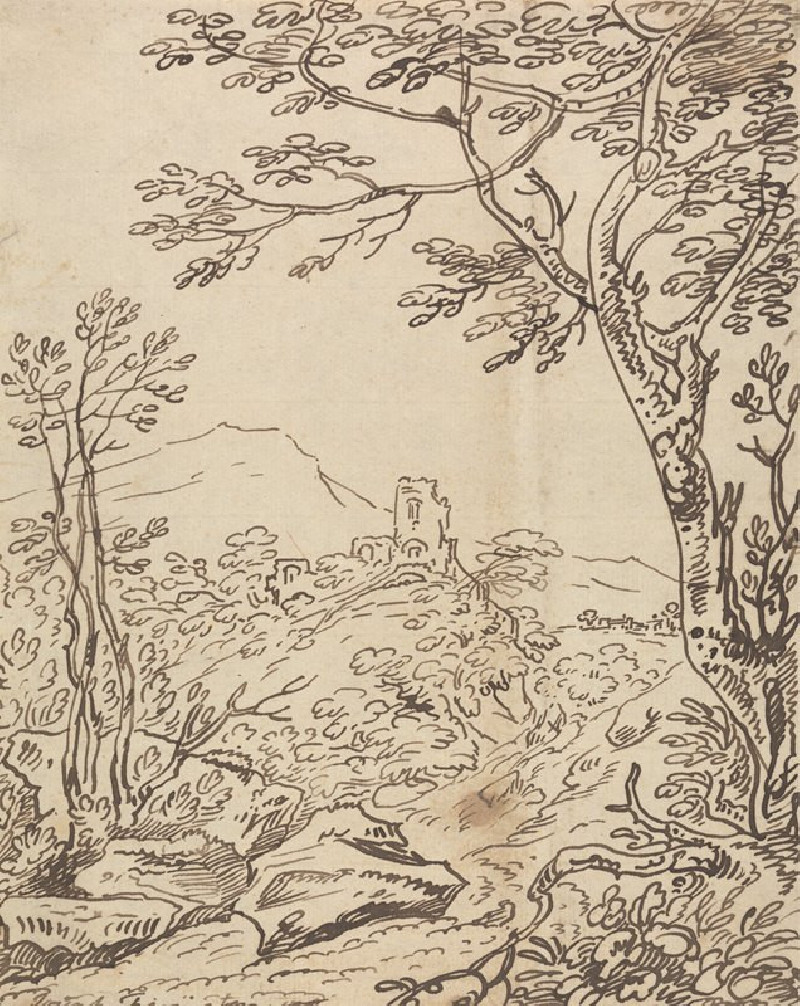Marshlands (not dated)
Technique: Giclée quality print
Recommended by our customers
More about this artwork
"Marshlands" by Théodore Rousseau is a richly textured, evocative landscape painting that illustrates the artist's deep appreciation for the natural world. Composed predominantly of earthy tones, the painting captures a serene yet dynamic marshland scene under what appears to be the gentle glow of a cloud-filtered sky.The focal point is a mature tree, depicted in robust reds and browns, standing resiliently on the left side of the canvas. Its foliage is dense, suggesting the vitality of life even in a seemingly desolate environment. The ground is rendered with a mix of ochre, amber, and subtle greens, indicating vegetation sporadically distributed across the terrain.In the background, Rousseau has painted a tranquil water body, reflecting the sky's light and adding a sense of depth and expansiveness to the scene. Tiny figures, possibly local villagers or shepherds, can be observed in the distance, mingling or tending to their tasks, which adds a human element to the natural landscape, bridging the gap between human life and the untamed wilderness.The use of impasto technique enhances the textural quality of the work, making the scene feel alive and tactile. Rousseau's choice of a restrained color palette not only conveys the austere beauty of the marshlands but also evokes a certain moodiness, typical of his works, that invites viewers to reflect on the interplay between light and shadow, man and nature."Marshlands" is a testament to Théodore Rousseau's mastery in landscape painting and his ability to evoke emotion through his depiction of natural environments.
Delivery
Returns
Étienne Pierre Théodore Rousseau was a French painter of the Barbizon school.
He was born in Paris, France in a bourgeois family. At first he received a basic level of training, but soon displayed aptitude for painting. Although his father regretted the decision at first, he became reconciled to his son forsaking business, and throughout the artist's career (for he survived his son) was a sympathizer with him in all his conflicts with the Paris Salon authorities.

